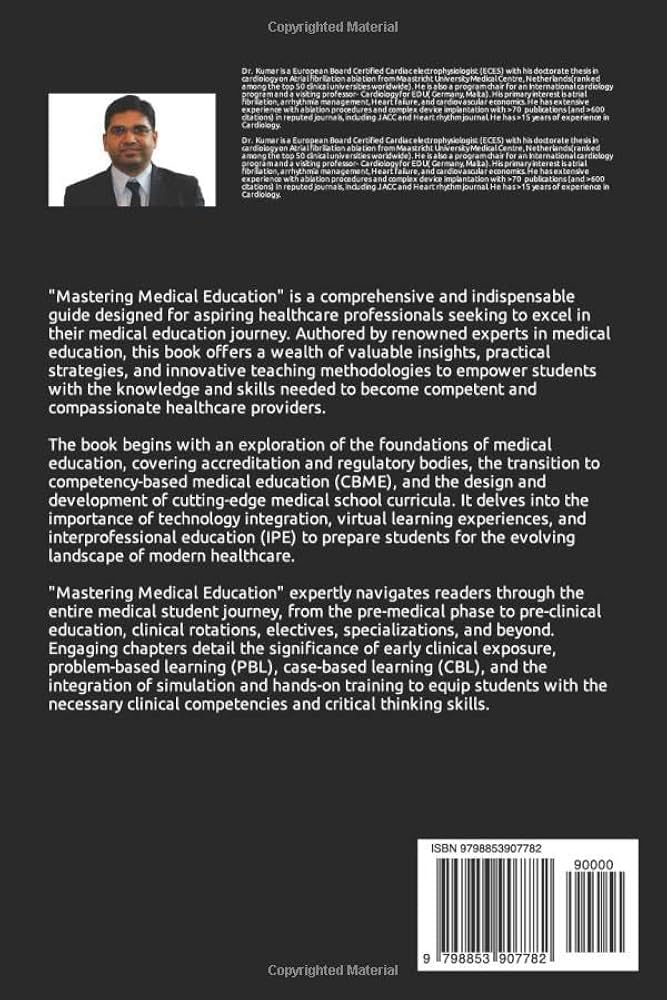
For the last hundred years, doctors have predominantly operated within the limits of materialism, the concept that everything that exists can be quantified and everything that can be quantified is existent. Nonetheless, this perspective has been subtly undermined by advancements in physics. The double-slit experiment revealed that particles act as waves of probability until they are observed, at which point they assume a definite state. Later variations, like Wheeler’s delayed-choice experiments, indicated that observation appears to affect not only the state but even the prior history of a quantum phenomenon. This suggests that consciousness and significance might possess influence, actively participating in the construction of reality.
If observation and intention play a role in shaping the tangible world, the universe may consist not of lifeless matter but of living concepts—dynamic structures of information with intention and direction. Through awareness, these concepts could form the basis for what spiritual traditions have historically referred to as God or Spirit: the intelligent coherence that binds all existence.
**Illness as Disconnection from Universal Order**
Every healthcare professional faces suffering that cannot be easily explained through simple biochemical means. Conditions such as chronic pain, depression, addiction, and anxiety frequently continue despite appropriate treatment. These challenges may not solely be physiological disturbances but also spiritual disconnections, a disharmony between an individual’s lived ideas and the universal laws that promote life. If the universe is indeed a manifestation of ordered significance, health might signify alignment with that order. Stoics referred to it as living in accordance with nature; in Jewish and Christian beliefs, it involves alignment with divine law. Across diverse traditions, although the terminology varies, the underlying message is the same: alignment with truth promotes vitality, while discord results in illness.
Recent research backs this association. A meta-analysis from 2012 involving over 3,000 studies demonstrated that religious or spiritual participation correlates with improved coping mechanisms, reduced rates of depression and substance abuse, and even lower mortality rates. Additional studies indicate that patients who derive meaning from their illness experience less suffering, even in terminal situations, and spirituality has been recognized as a crucial factor in health, affecting both immune and cardiovascular systems.
**The Role of the Healthcare Professional**
Incorporating spirituality in medicine doesn’t entail preaching; it’s about being attentive to the meaning in patients’ lives. Physicians can weave the spiritual aspect into their practice through straightforward, respectful questions:
– What brings meaning or purpose to your life?
– In times of suffering, where do you find your source of strength?
– Do you feel in line with your deeper convictions?
These inquiries allow patients to share not just their physical complaints but also their narratives. In this way, the clinician aids in re-establishing harmony among body, mind, and concepts, connecting the visible with the invisible.
**A Medicine of Significance**
If concepts indeed have influence, then every medical interaction becomes a collaborative creation. Diagnosis, empathy, and even the physician’s intention could yield effects that contemporary science is just beginning to explore. Healing transforms into a process of re-alignment, returning to harmony with the universal intelligence that invigorates both matter and consciousness. The forthcoming evolution in medicine will likely arise not from new technologies or data influxes, but from the resurgence of meaning. Health emerges as a balance between body and concept, between the limited and the limitless.
*Neal Taub is a physician specializing in palliative care.*